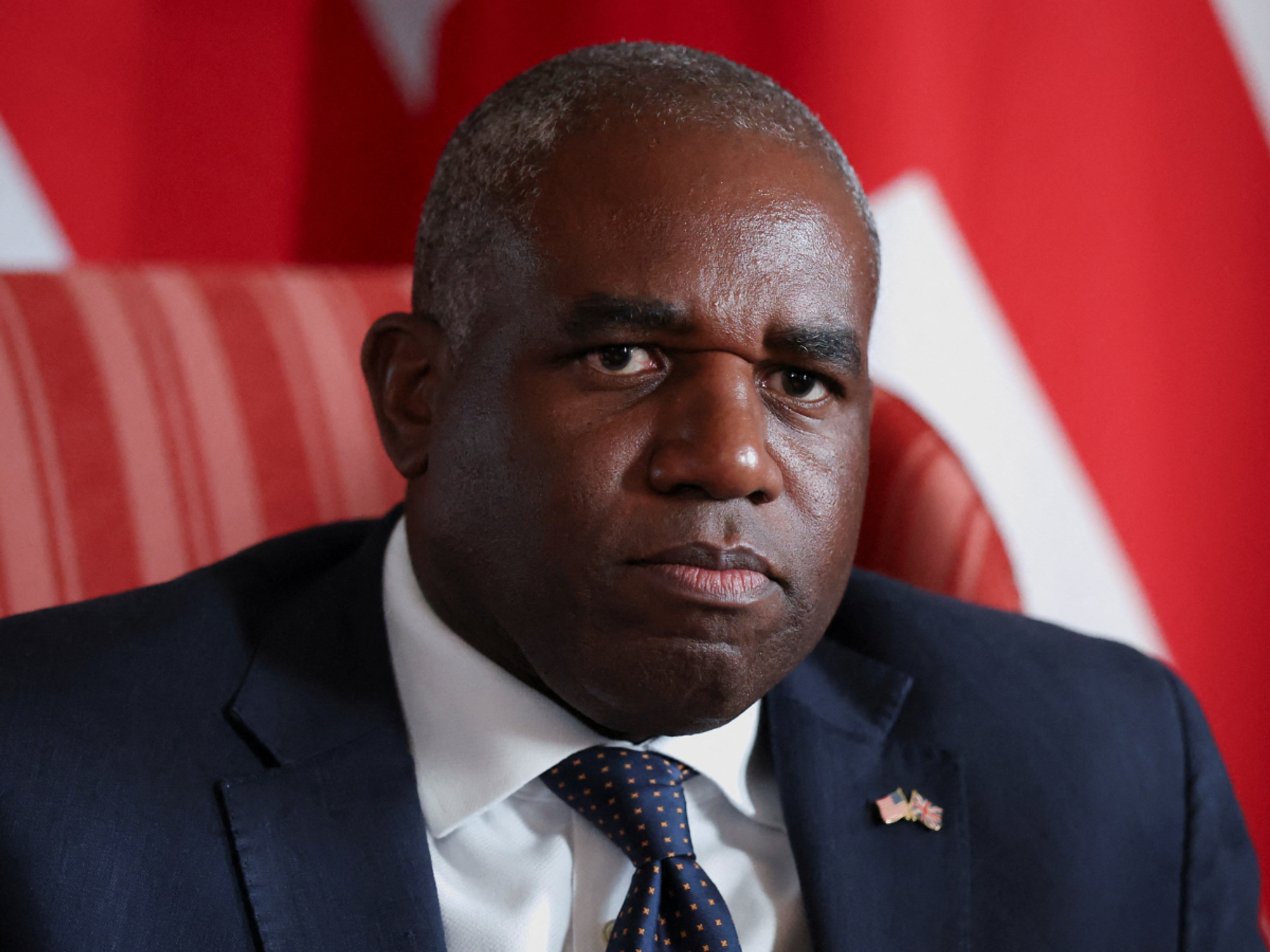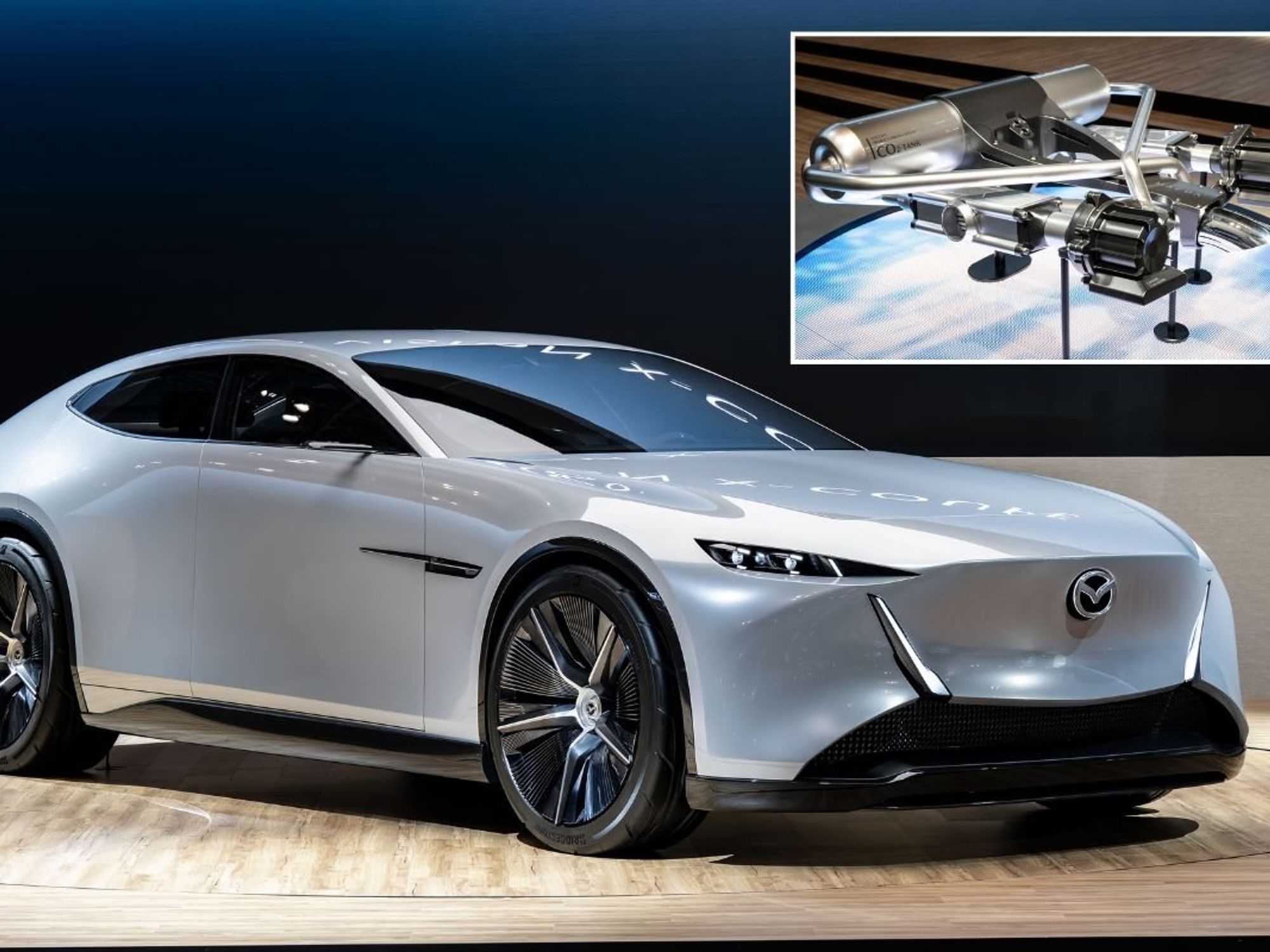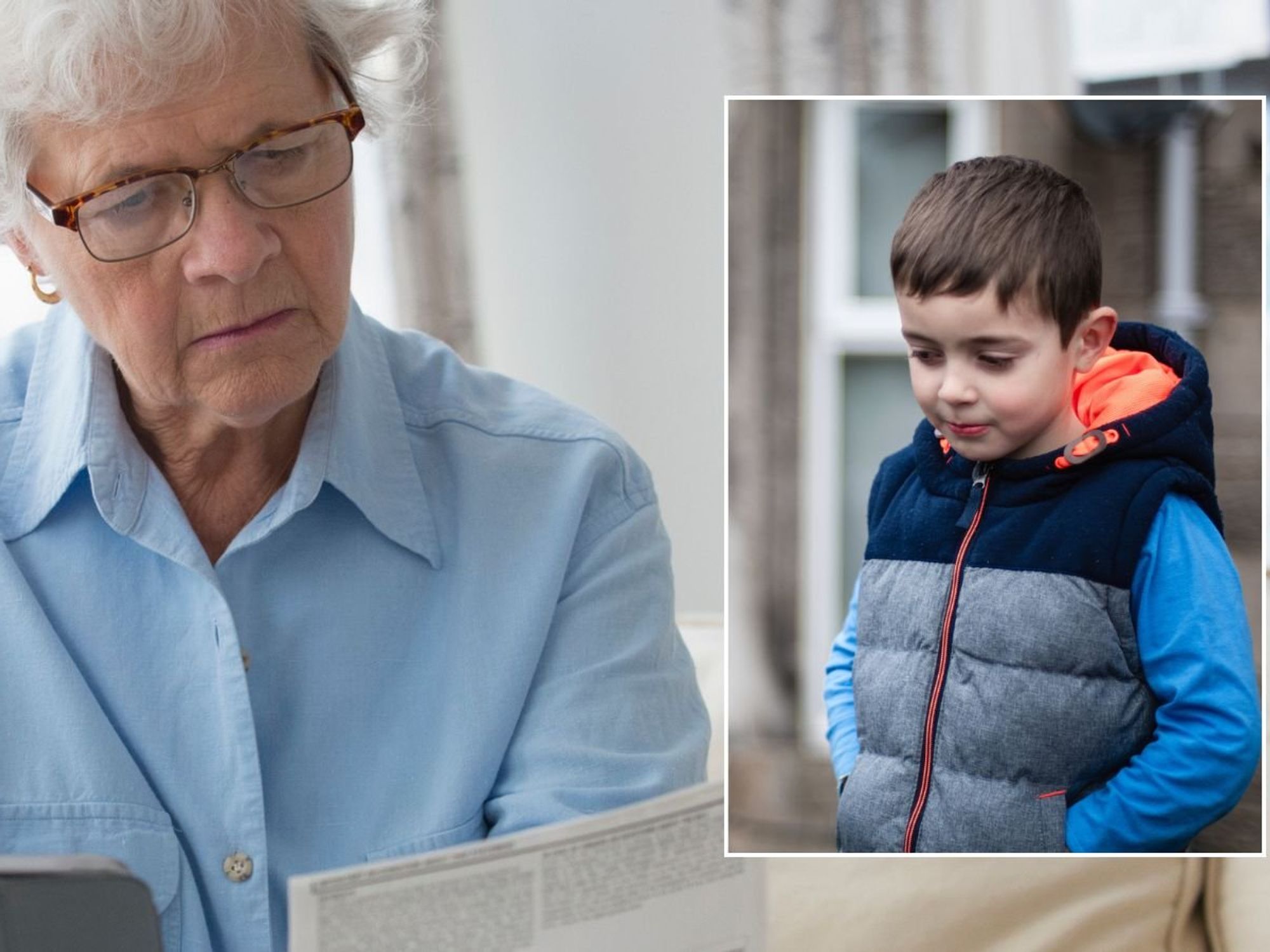Do not mess with King Charles in 2024, says Nigel Nelson
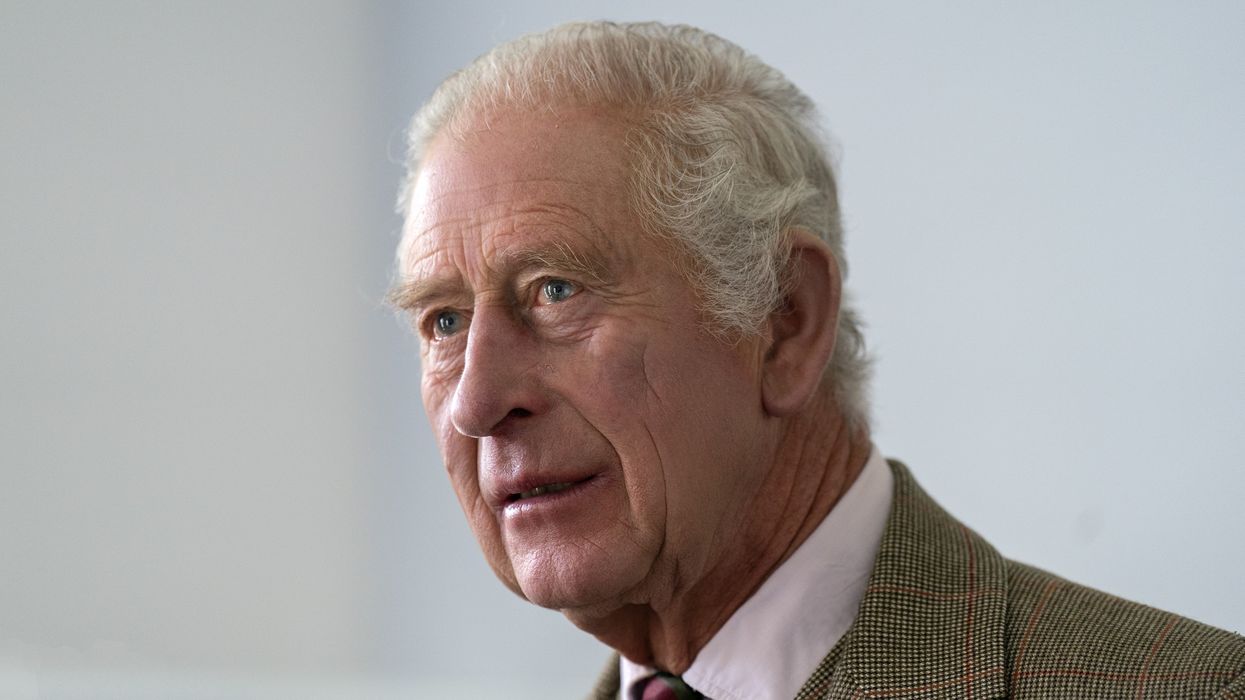
We now have a King who no longer rules but reigns, what little power he has curtailed and limited by that which Parliament cares to give him.
|PA

We now have a King who no longer rules but reigns, what little power he has curtailed and limited by that which Parliament cares to give him
Don't Miss
Most Read
What should a modern monarch do? If you can answer that question a £10 shopping voucher to spend on whatever you fancy could be winging your way.
To earn the dosh you will need to be among the 175,000 people randomly picked by the Department of Digital, Culture, Media and Sport to answer a massive survey on life in Britain today.
It began in May last year and is due to be completed by the end of March. There’s stuff on how often participants visit a library, or listen to a podcast and whether they have smart speakers in their homes.
But the results to the really big question - “What do you think should be the main role of the monarchy in the UK?” - will not be published until summer.
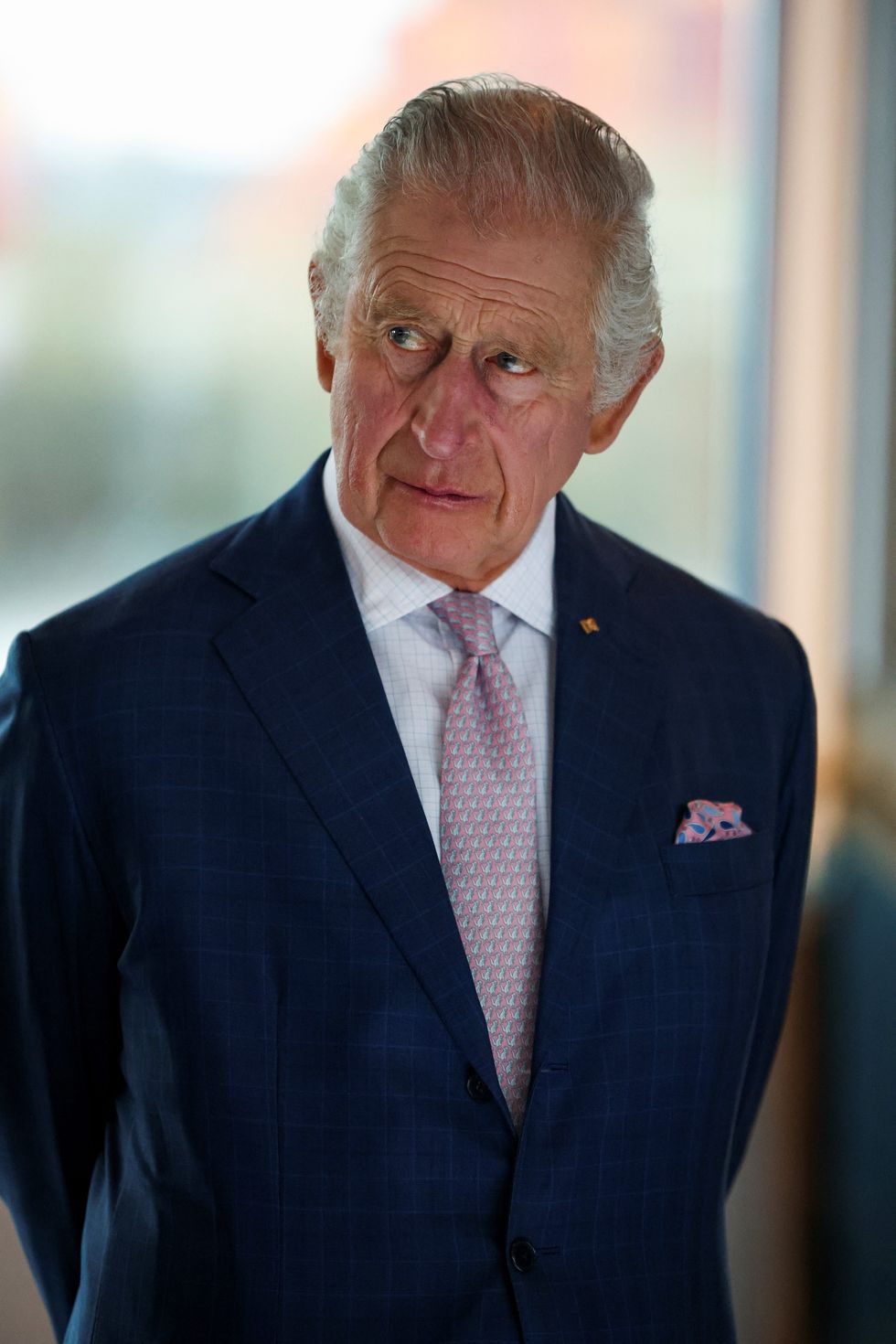
The question of the role of the King in our constitution becomes even more pertinent now that abolition of the House of Lords is back on the political agenda, itself an institution which only exists because the monarchy does.
|PA
It is a good question and the right time to ask it. The Queen brought stability to this country during the 70 years she was on the throne, but that has taken a knock because of the behaviour of some of the younger members of her family. Yes, Harry and Andrew, that means you.
The Queen cemented our most ancient and enduring institution into the affection of a 21st-century nation, an institution that has had to adapt and change with the times throughout history.
We now have a King who no longer rules but reigns, what little power he has curtailed and limited by that which Parliament cares to give him. That means we are citizens with a vote, and not his subjects without a voice.
His constitutional chores as head of state may not seem too onerous. Day to day workload includes signing off Bills to turn them into Acts of Parliament so they become law and popping in for some nosh and polite conversation when another head of state visits.
On very rare occasions he might be called upon to perform a much more delicate duty in the event of a tie at a General Election. Then he would have to decide which party gets to govern.
But opponents of the monarchy have previously pointed out that these roles could be performed equally well by the Speaker of the House of Commons, though that began to look less attractive when the controversial John Bercow got the job.
WATCH NOW: King Charles's abdication discussed
Had Mr Bercow become head of state our First Lady would have been a Big Brother contestant, his wife Sally.
The question of the role of the King in our constitution becomes even more pertinent now that abolition of the House of Lords is back on the political agenda, itself an institution which only exists because the monarchy does.
Tony Blair wanted to chuck out hereditary peers but had to hang on to 92 of them to preserve the hereditary principle which the monarchy is based on.
And there are advantages in having a non-political head of state. It means the Parliament we vote for is sovereign and beyond the reach of the Sovereign which must be right in a Parliamentary democracy.
The other plus of a non-politician at the top is that the folk who get out of hand in some other countries - the armed forces and the secret services - are less likely to do so in this one because they are Crown servants not civil servants which means they owe their allegiance to the monarch not the government.
As head of the Church of England, King Charles unites church and state. There are those who say that is outdated and we should become a secular nation such as America or France.
But their constitutions were born of bloody revolutions while we are fortunate that ours has come about largely through peaceful evolution.
Our brief flirtation with republicanism after the King’s namesake had his head chopped off in 1649 was not a huge success. People grumbled that Oliver Cromwell behaved too much like a king and the monarchy was restored.
It was the same complaint the Romans levelled against Julius Caesar, and he came to a sticky end at the hands of his own parliamentarians.
When Nick Clegg was deputy PM he considered getting rid of the bishops from the red benches in the Lords, a sensible move at first sight as giving clergy the right to sit as legislators puts us in the same constitutional camp as Iran.
But on second thoughts Sir Nick realised that might undermine the monarchy. The Church may disestablish and that would be an end of Charles as its Supreme Governor and possibly lead to the fall of the monarchy itself.
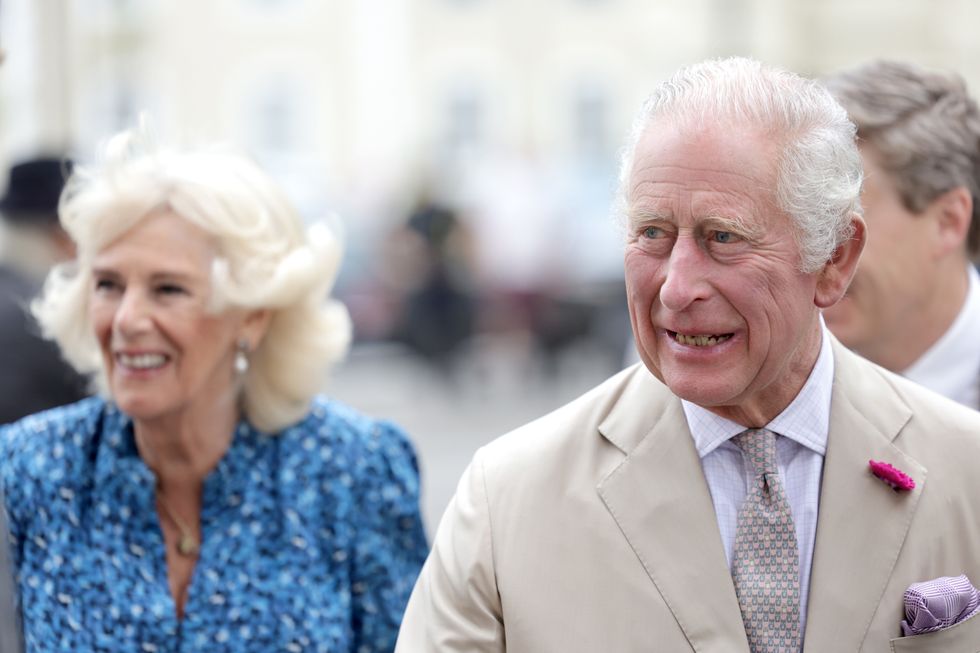
The Church may disestablish and that would be an end of Charles as its Supreme Governor and possibly lead to the fall of the monarchy itself.
|PA
That would please Graham Smith, the chief executive of Republic, the UK’s leading republican movement. He told the Sunday Mirror: “Accusations of racism and other scandals continue to raise questions about the long-term future of the institution.
“Meanwhile, the question of the monarchy’s colonial legacy and role in slavery isn’t going away, while Commonwealth countries are getting ready to ditch the Crown.”
Royal commentator Ingrid Seward countered: “For as long as anyone can remember, the future of the royal family has been the subject of surveys.
“The results are always the same. Some want a monarchy, some don’t. But those who do are always the majority.”
Which is why we should leave things as they are. Our constitution might be a bit weird, but it works. And we fiddle around with it at our peril.
Political predictions are always foolhardy, but there is one that can be made with confidence. Keir Starmer may bang on about scrapping the Lords while in opposition, but once he becomes prime minister he won’t.






